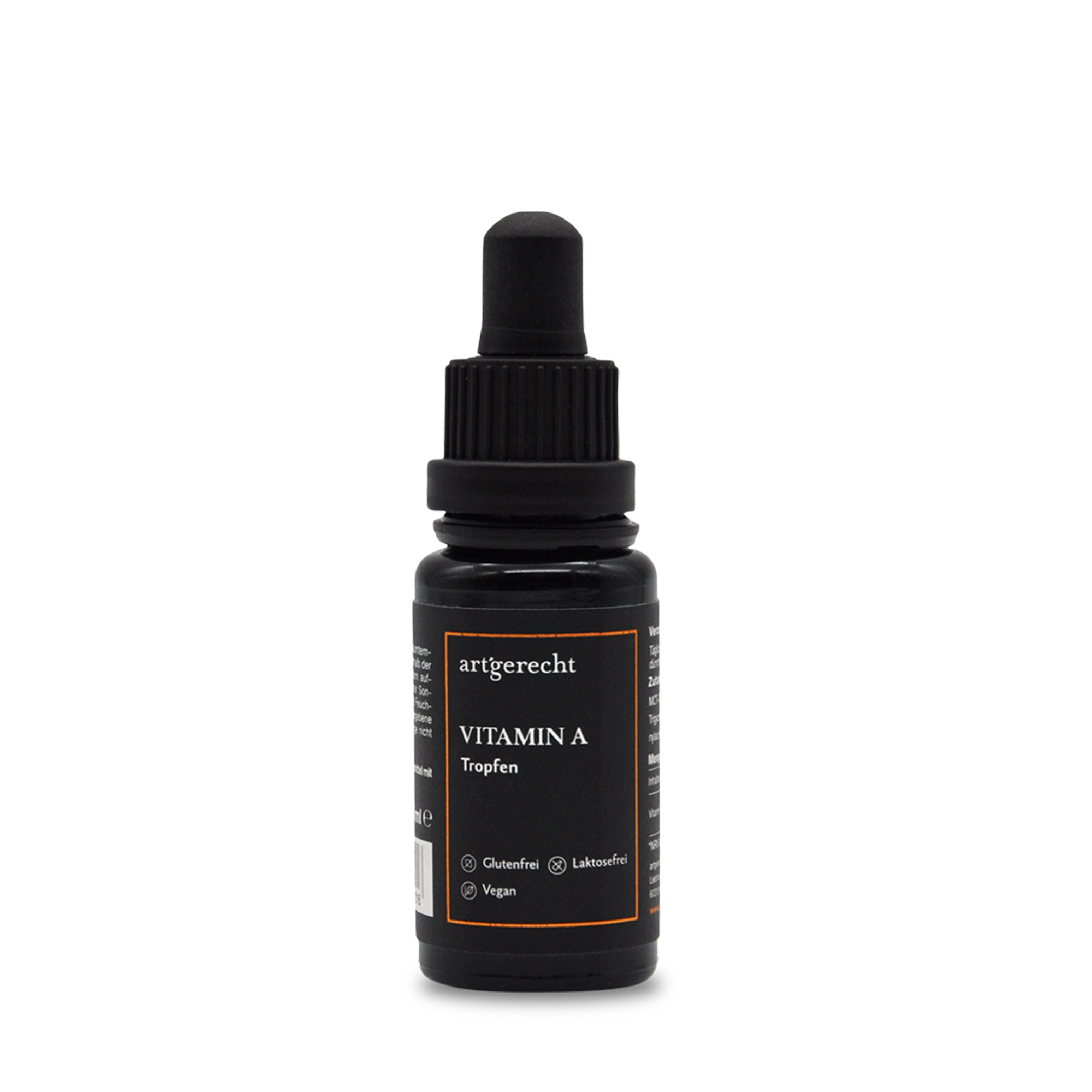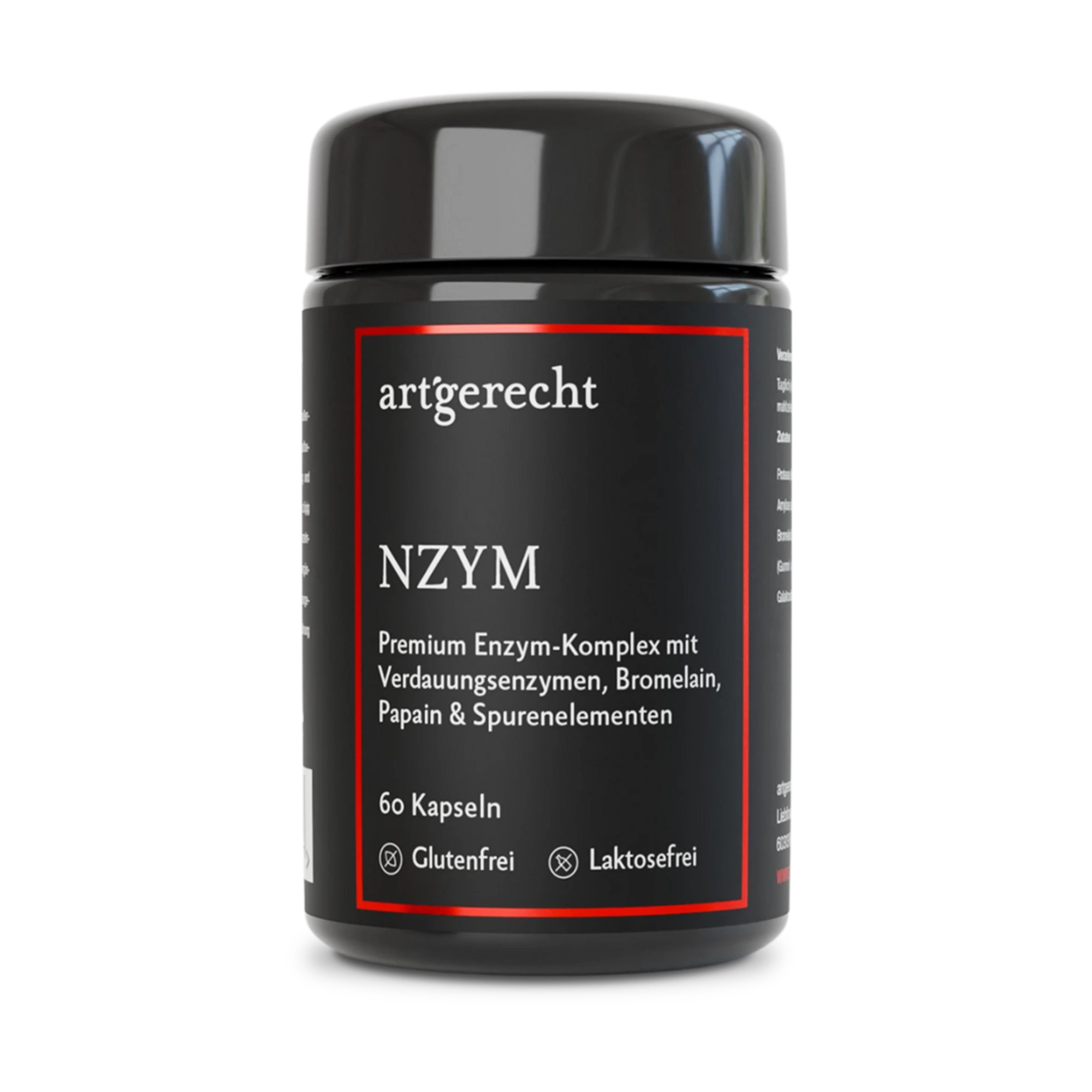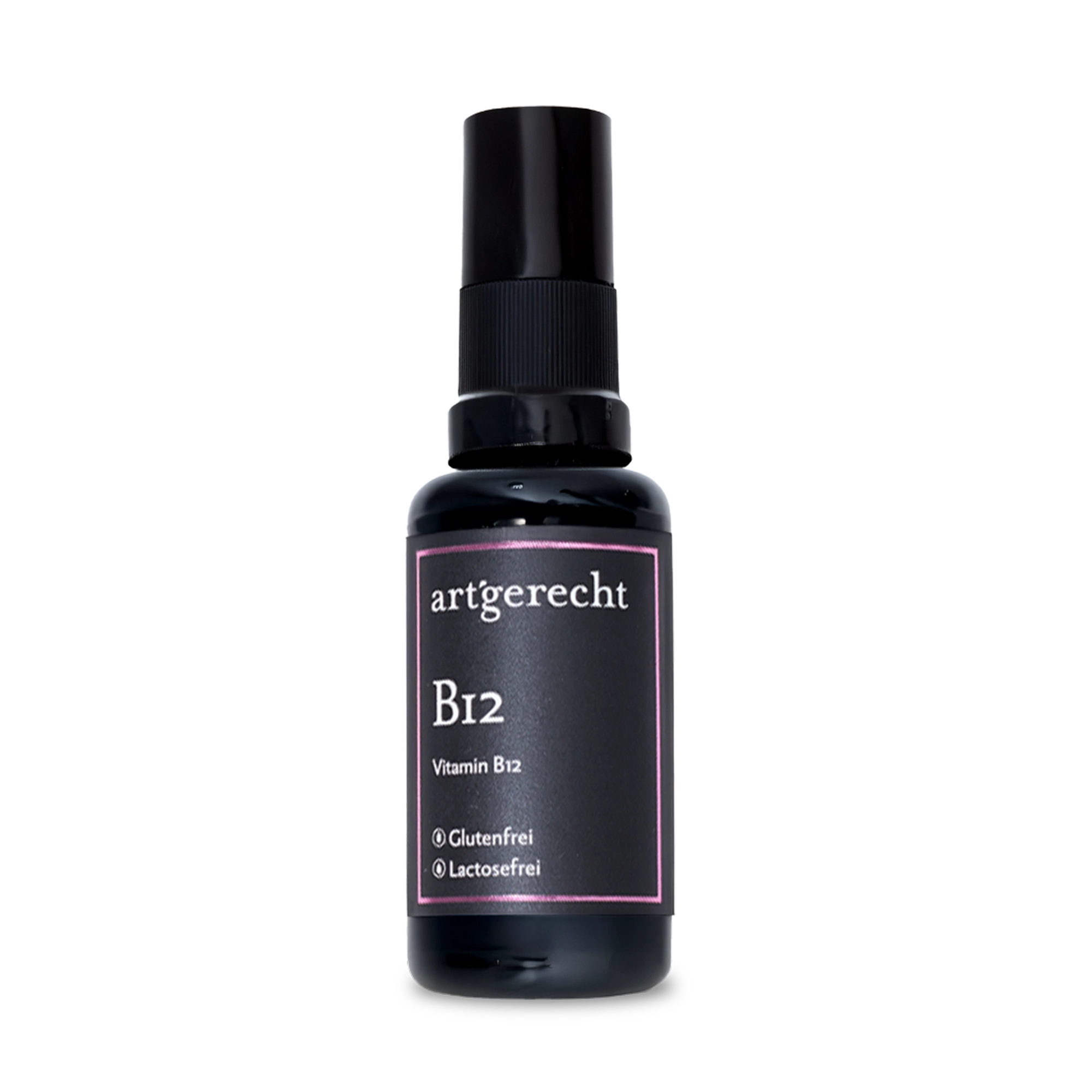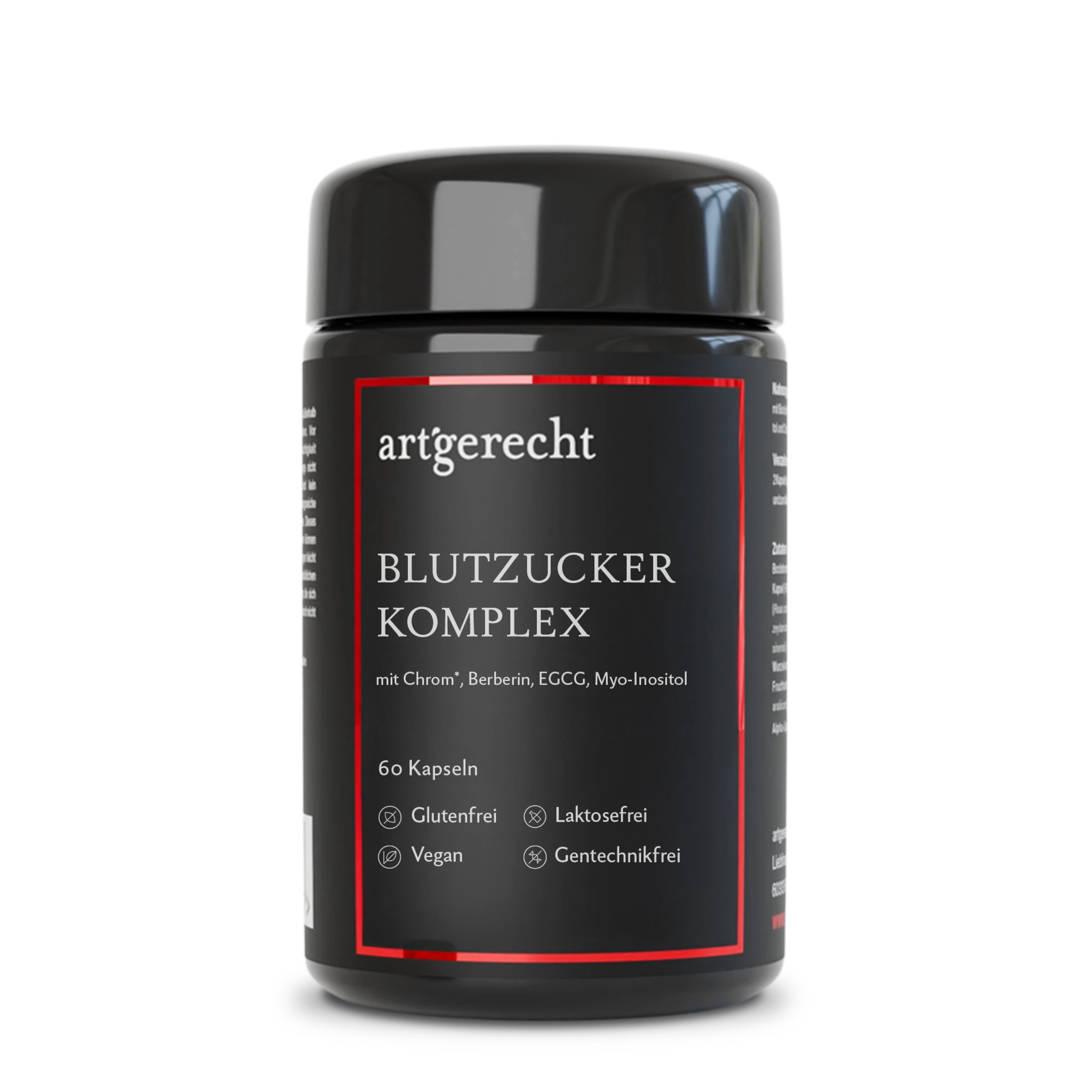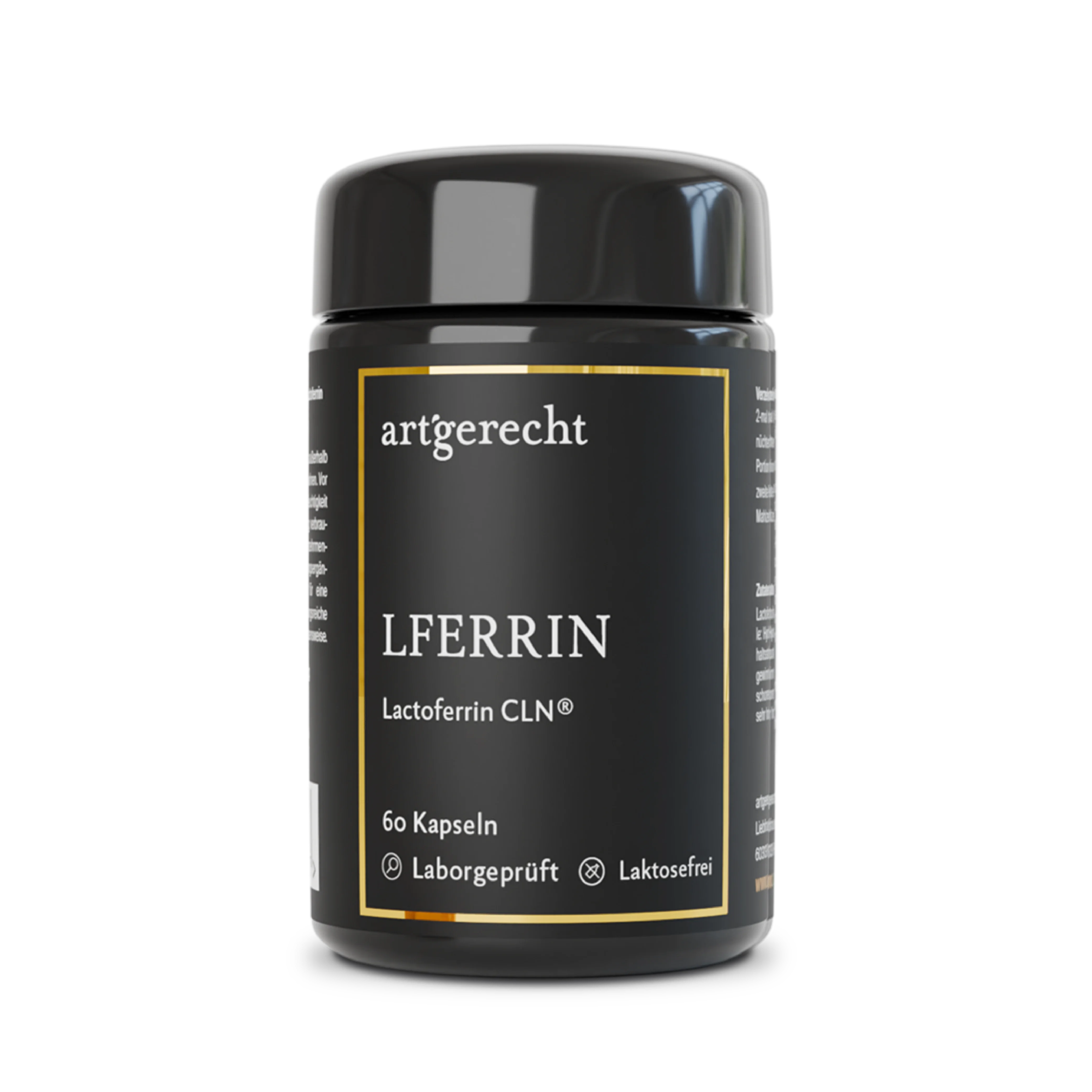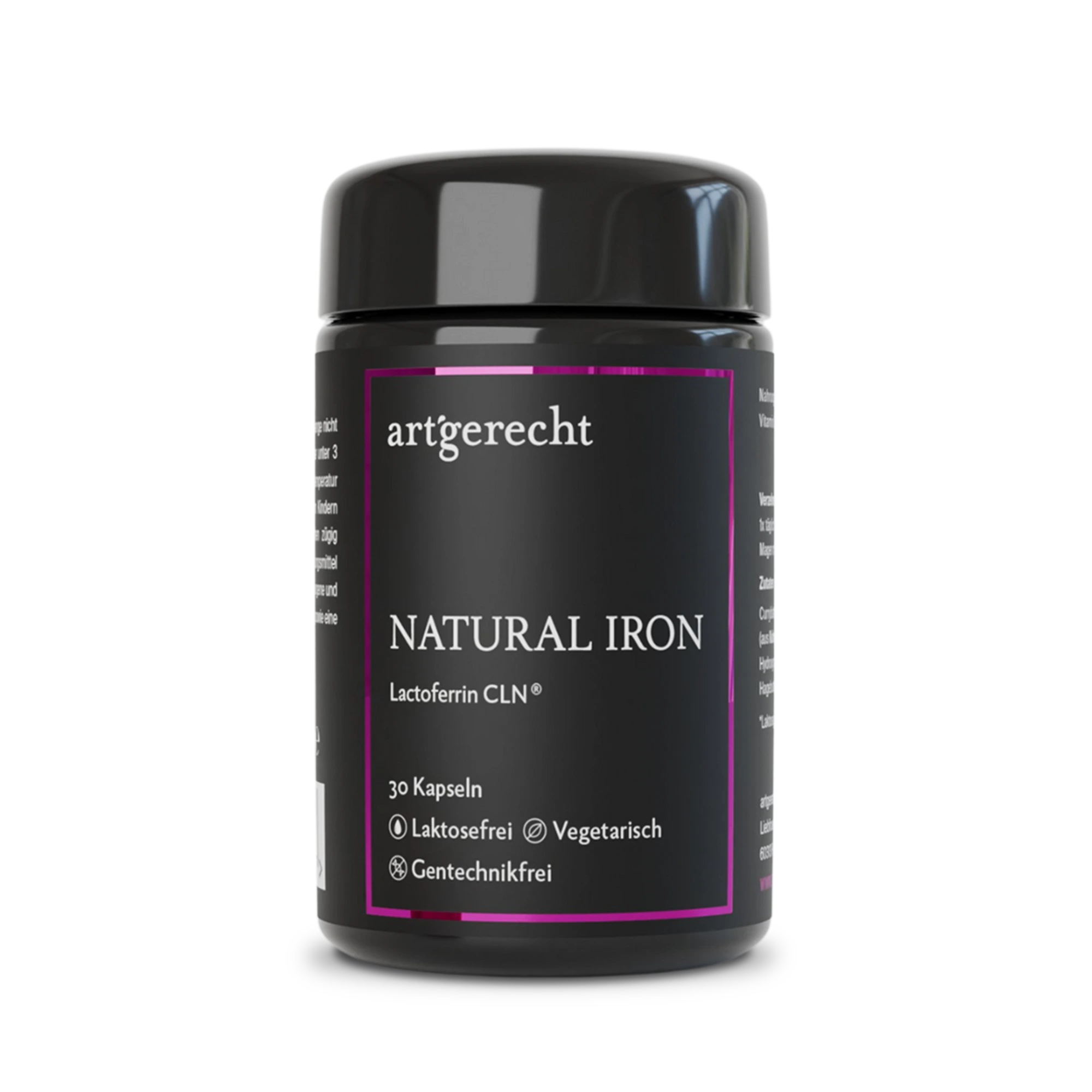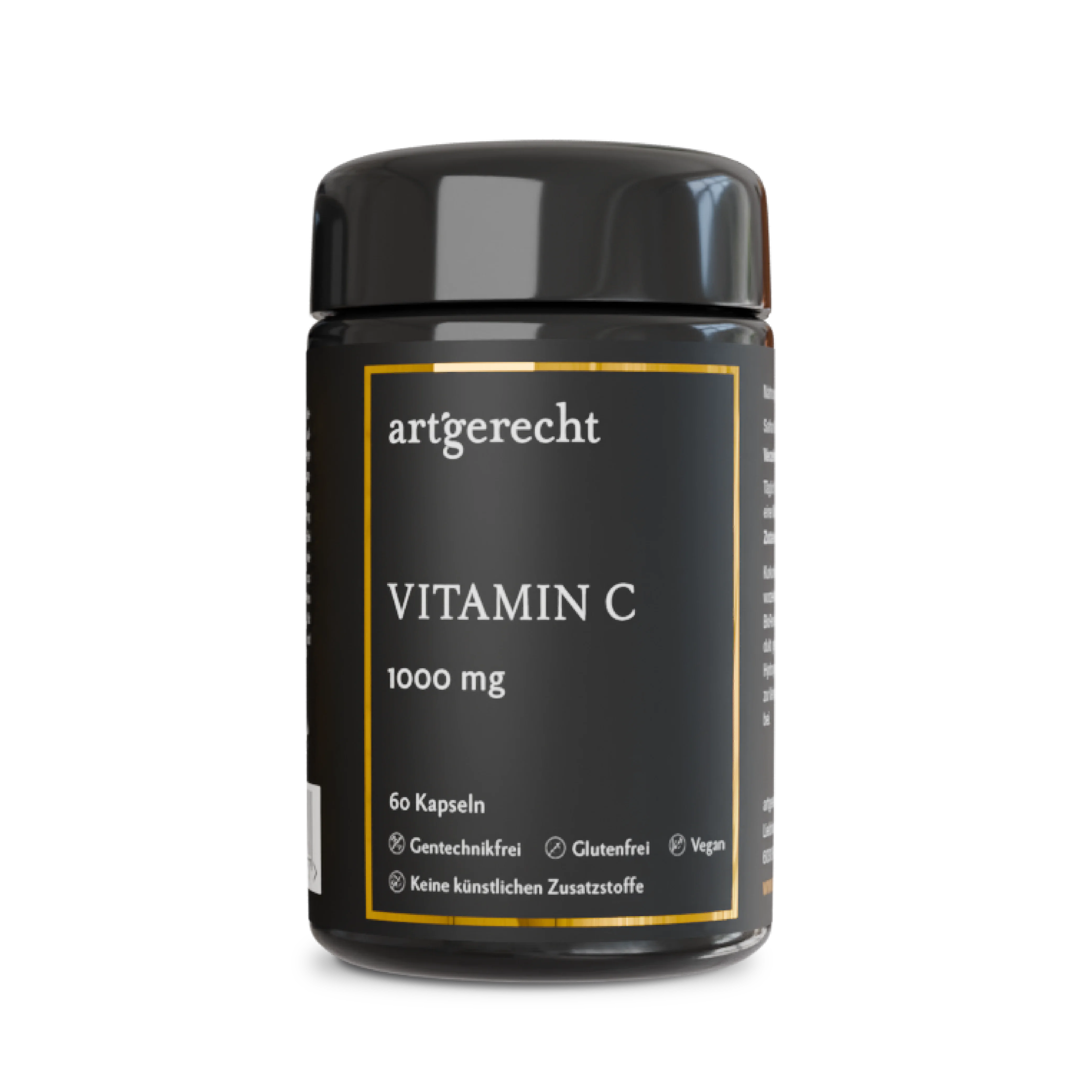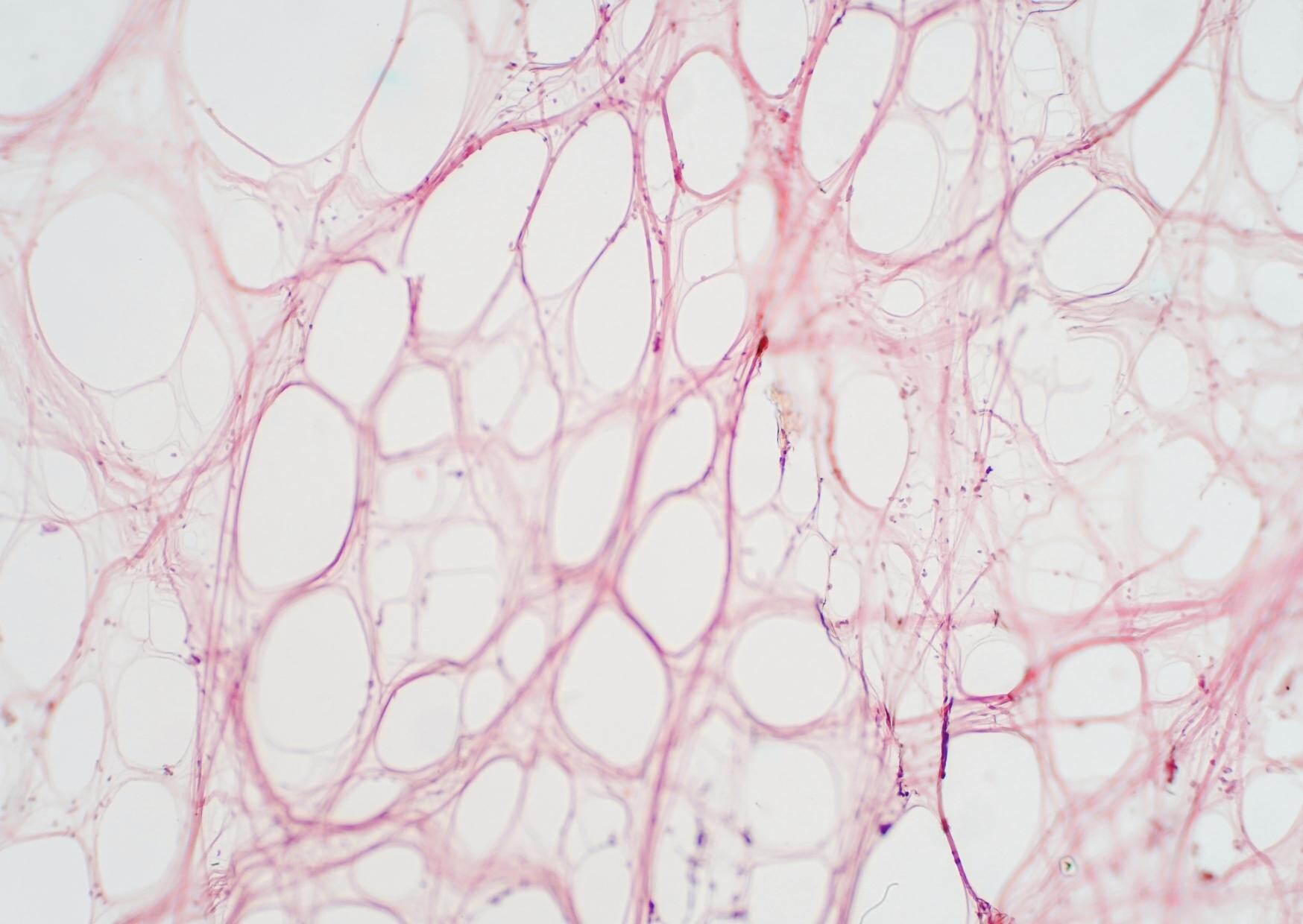Vitamins are essential for life and are required in the body for numerous functions and metabolic processes. Due to our modern lifestyle, we do not always have an optimal supply of vitamins, minerals and trace elements. What can we do to support the body?
Evolution has programmed fixed mechanisms into the genes of each species that dictate a way of life that is appropriate to their species. Of course, this also applies to us humans. However, our way of life has changed drastically over the course of time: away from our primal instincts and natural forms of behavior towards a culturally and industrially influenced lifestyle and diet. In addition to the positive effects of this development, this change also brings immense challenges for our organism. Diversity and variety are crucial for a healthy diet when it comes to providing the ideal amount of vitamins, trace elements and minerals.
As the Latin word vita (life) suggests, vitamins are essential for life. They fulfill numerous functions in the body and are primarily required for metabolism. Their tasks include the regulation and utilization of carbohydrates, proteins (also known colloquially as proteins) and minerals. They also ensure their breakdown and conversion and thus also promote energy production. Vitamins support the immune system and are necessary for the formation of cells, blood cells, bones and teeth. They differ in terms of their effect. For example, performance is heavily dependent on B vitamins, vitamin C supports the immune system and vitamin A is needed for a good appearance. The human body has always obtained vitamins, minerals and trace elements from our diet. Most vitamins, apart from vitamin D, can be produced by the body itself. Vitamins are organic substances. This means that they are formed by plants, animals or humans. The human body produces many vitamins itself, while others have to be supplied from outside. Minerals or minerals are inorganic substances - for example compounds with iron or magnesium. They form the indispensable building material for bones (calcium) or blood cells (iron), „switch on“ enzymes in the metabolism or are involved in the transmission of nerve signals. Minerals are essential and must be ingested through food. Trace elements are all minerals that are only needed in very small quantities - in traces. Iron, iodine, zinc, fluoride and selenium belong to this group. Sodium and potassium, for example, regulate the body's water balance. The mineral calcium ensures strong bones and teeth. Iron is important for blood formation.
As components of food, nutrients either provide energy (protein, fat, carbohydrates) or are important for metabolic processes in the body (vitamins, minerals, trace elements). Unlike macronutrients such as fat, carbohydrates and protein, micronutrients are compounds that the plant, animal and human organism must absorb without providing energy. Although the body only needs them in small quantities, they are essential and deficiencies can have a negative impact on health. Micronutrients include vitamins, minerals, trace elements and secondary plant substances. Examples include vitamin A, vitamin B1, vitamin B6, vitamin B12, vitamin C, vitamin D, vitamin E, vitamin K as well as calcium, magnesium, sodium, potassium, selenium, zinc, iron, flavonoids, carotenoids, manganese and sulphides.
The market for vitamin products is huge, but most suppliers use multivitamin supplements, which are mainly produced chemically or synthetically. Plant-derived, natural vitamins are difficult to obtain and therefore many times more expensive, as only raw materials from natural and organic sources are used.
For 50 years, the nutrient density in our food has been going steadily downhill. Quality is the main criterion for the selection of suitable foods. The basic factors for choosing high-quality food should be healthy, organic, regional, seasonal and sustainable. After all, it is not only the type of food but also the quality that determines how beneficial it is for the body. For example, the entire spectrum of intestinal bacteria can be nourished through a diverse selection of foods. The problem: For 50 years, the nutrient density in our food has been steadily declining. Foods such as vegetables, berries, apples and cereals contain less and less potassium, manganese, zinc, copper, magnesium, calcium and iron. The nutrient content here has fallen steadily in the period between 1970 and 2000 (Ekholm et al., 2007). Various studies also suggest that diet quality is a more reliable index of healthy diet than the “amount of nutrients”. Any meaningful nutritional intervention should therefore go beyond the quantity of nutrients and include the qualitative aspects of foods and food combinations (Echouffo-Tcheugu et al., 2019). A healthy „quality diet“ therefore includes a sufficient intake of plant-based foods such as fruit, nuts, vegetables and fish. The following therefore applies: 160 different foods per month The focus should be on healthy plant-based foods such as fresh herbs, spices, various vegetables and fruit (high in fiber). The intake of seeds, grains and legumes should be greatly reduced.
It is not always possible to cover the ideal requirement with food alone. Deficiencies can occur, especially with an unbalanced or special diet, pregnancy, stress, but also with physical exertion or a vegan diet. If you are unable to cover your need for essential vitamins and minerals through your diet, you can pay attention to the following criteria when choosing a food supplement: Ideally, the formula with all its ingredients is based on human evolution and the same composition as it occurs in nature. For example, the organs of hunted animals have always been eaten as well. The liver, which is hardly ever eaten today, is therefore the most important source of vitamin A as usable retinol. In addition to a formula suitable for humans, care should also be taken when choosing a food supplement that it contains natural vitamins and minerals in a complete composition. A good example of this is vitamin E. A synthetic form of α-tocopherol is usually found in products. Although synthetically produced vitamin E has the same structure as the natural form, it has a different spatial configuration (stereoisomerism) in 3D. Only the natural form „fits“ in humans. The term “standardized” in botanical extracts refers to a consistent, measurable concentration of a recognized botanical ingredient. The guaranteed marker concentrations contained standardize a product to ensure an optimal dose. However, “standardization” can also mean that botanical products deliver these marker compounds at the expense of the natural phytochemistry (Nature Intelligence) that nature has co-evolved into the herb. In order to maintain the original chemical blueprint of the herb as nature intended, compounds in extracts should not be removed, isolated or altered. For high quality, it is important to use the most suitable extraction method for the respective raw material in order to obtain vitamins, minerals and micronutrients in the right concentration. In order to extract all the ingredients of a plant, several extraction methods must be combined. Gentle extraction methods that do not require high temperatures can be used. The optimal method can vary between plants, as active substances are present in different forms. In order to develop the effect of a plant, the active substances must also be extracted. Supercritical CO2 cold extraction is the only suitable method for this. This complex method also allows the highest possible concentration of ingredients. If oils are extracted at all, the inexpensive molecular distillation method is used in over 90% of all products worldwide, especially for fish oil (omega-3 fatty acids). Industrial solvents such as hexane, acetone and methyl chloride are used and the oil is heated 3 times to 200 degrees. Full spectrum extraction
Full spectrum processing involves choosing the ideal extraction and concentration methods to preserve the integrity of each individual plant. The structure and composition of each plant is unique. To preserve the integrity of these chemical constituents during extraction, it is important to choose the right method for the right herb. After the bioactive components of the herbs have been extracted, the extracts can be highly concentrated using gentle low-temperature methods in combination with low atmospheric pressure to protect the delicate, subtle vital forces of each plant.Treatment with low temperature and low pressure methods ensures that the herbal extracts contained are concentrated to the desired marker concentrations, so that the full spectrum of available phytochemicals remains in a liquid state throughout the manufacturing process.
Natural vitamins for a healthy diet
What are natural minerals?
Which vitamins and minerals are particularly important?
What are natural vitamins?
High quality and variety
Are multivitamin supplements species-appropriate?
Natural vitamins gain – more than standardization
The correct extraction method
The right method for each extract
Gentle and low methods
Meistgesuchte Präparate
Unsere Leser schätzen neben fundiertem Wissen rund um Gesundheit & Ernährung auch Präparate in höchster Qualität. Folgend findest Du unsere derzeit meistgesuchten Produkte.


